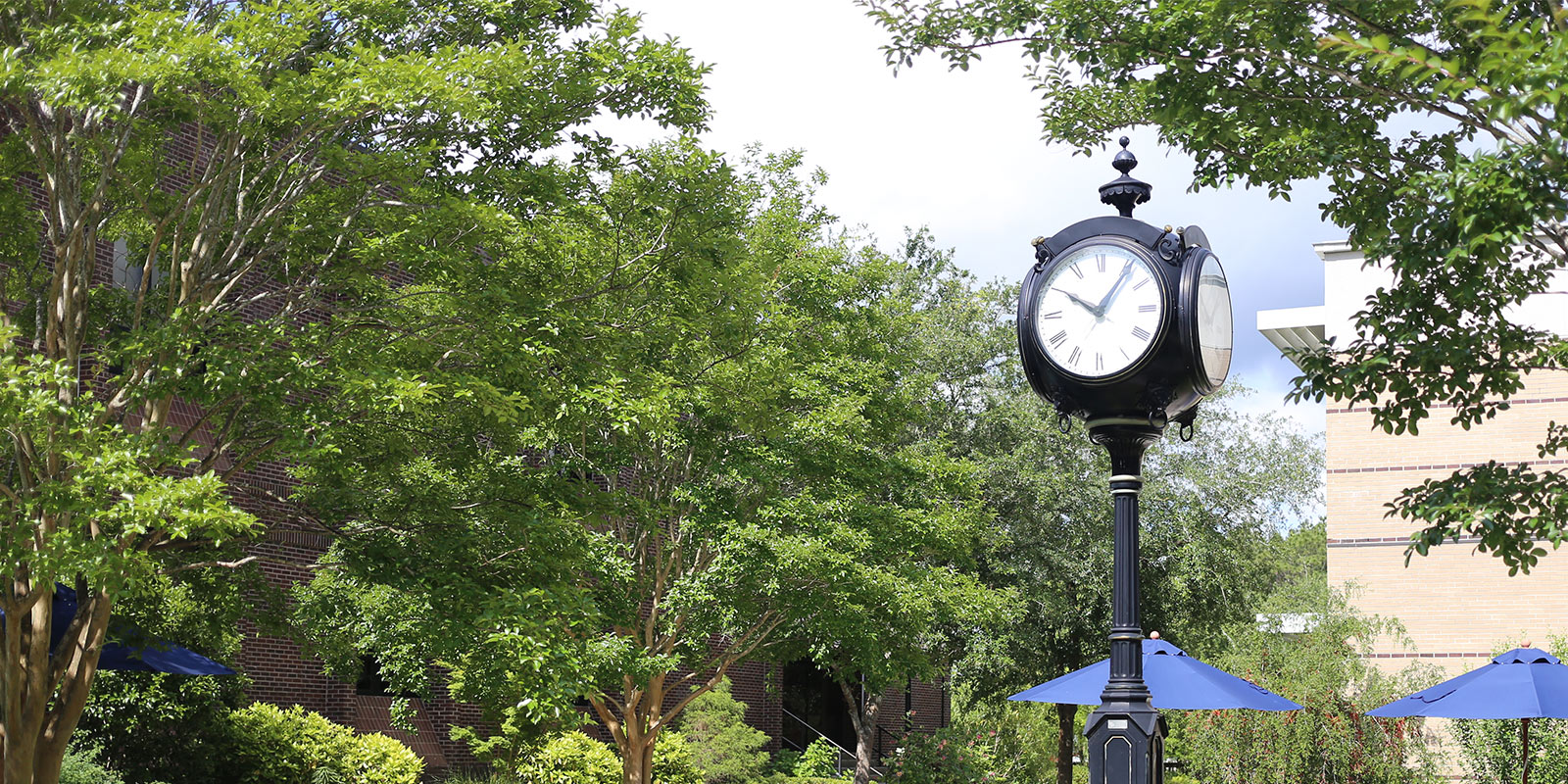Engineering
Lecture: 3 Lab: 0 Clinic: 0 Work: 0 Credits: 3
Engineering
Lecture: 3 Lab: 0 Clinic: 0 Work: 0 Credits: 3
Engineering
Lecture: 3 Lab: 0 Clinic: 0 Work: 0 Credits: 3
Engineering
Lecture: 2 Lab: 2 Clinic: 0 Work: 0 Credits: 3
Engineering
Lecture: 0 Lab: 4 Clinic: 0 Work: 0 Credits: 2
Electricity
Lecture: 2 Lab: 3 Clinic: 0 Work: 0 Credits: 3
Electricity
Lecture: 3 Lab: 3 Clinic: 0 Work: 0 Credits: 4
Electricity
Lecture: 2 Lab: 2 Clinic: 0 Work: 0 Credits: 3
Electronics
Lecture: 3 Lab: 3 Clinic: 0 Work: 0 Credits: 4
Electronics
Lecture: 3 Lab: 3 Clinic: 0 Work: 0 Credits: 4


